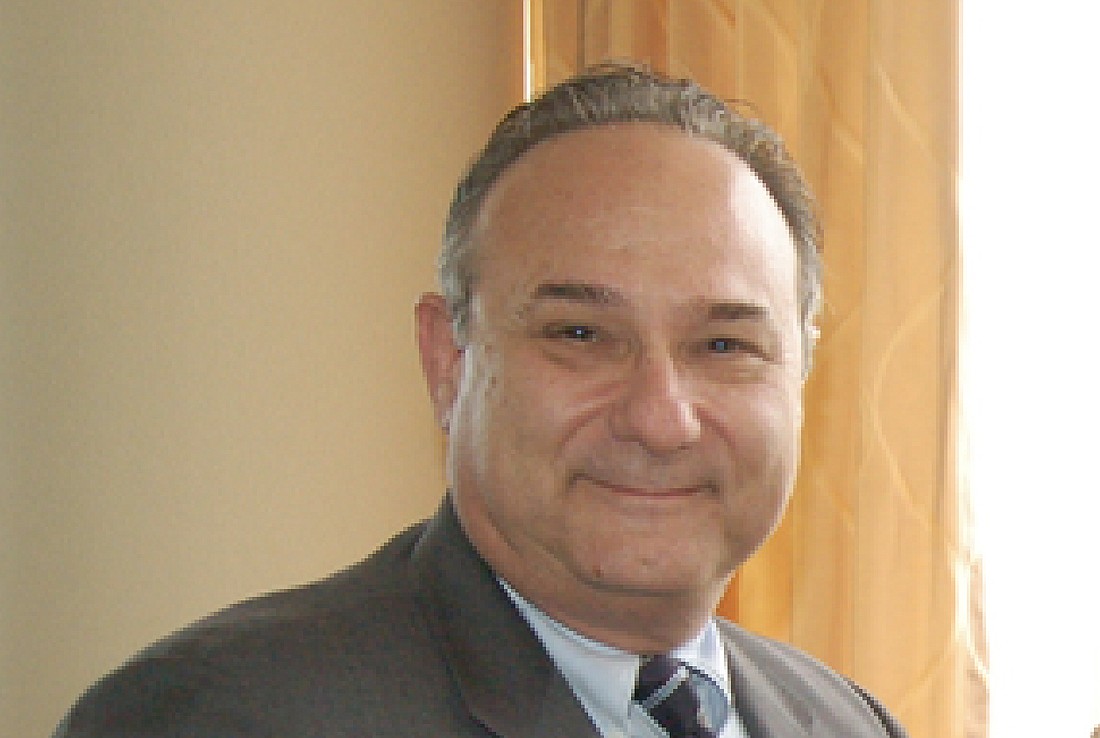
By Duval County Judge Gary Flower, JBA Professionalism & Mentoring Committee chair
As I sat in my chambers thinking about what to write for this article, I found myself staring at the plaques presented by the American Board of Trial Advocates at each judge’s investiture that says, “Professionalism and Civility; Anything less will not be tolerated.”
What does that mean?
The best definition I have heard of professionalism was coined by U.S. District Judge Tim Corrigan: “Ethics is the floor and professionalism is everything above it.”
Webster’s Dictionary defines “civility” as “polite, reasonable, and respectful behavior.”
Among our peers, most leaders share common ideals of professionalism that include civility as a core value of professionalism. Why then does there seem to be a lack of civility experienced by some of us on a daily basis?
It boils down to a lack of education for which all of us who are seasoned share responsibility. It seems that our “learned profession” has devolved into more of a contest of words and expressions, far removed from intellectual argument well-founded in the actual facts of a matter.
There is rank guesswork and bias, coupled with real law, and the often wrong, but never in doubt expression beginning something like: “Well your honor, I think….”
Historically, the practice of law was viewed as an esteemed profession, practiced by intelligent and well-educated people seeking to do rightly by getting to the truth of a matter for the court or jury to judge.
Today, however, with the over-arching pressure being money, and equating having that with success, much of the practice of our profession has been lost to a win-at-all-cost view that, frankly, degrades us all.
Rather than experiencing the rare event of a lawyer’s passion getting the best of him or her during an argument, the norm is a verbal slug fest where shouting, name-calling and rude behavior are, sadly, accepted.
What causes this?
With society equating “more” with “best,” it seems that a lack of civility stems from competition for status, prestige and recognition.
The practice of law should be a profession, not a business. It is a lawyer’s time and knowledge that are their stock in trade, not their red-faced shouting, and least of all not a fancy car, wristwatch or marble foyer.
This profession is guided by ideals for which commercial business values and the mechanics of cost-benefit calculations are a poor substitute for the practice of a profession, including the mandate of civility.
If we begin with the truth that civility and decorum are essential principles found in the rules of professional conduct, we must wonder why we are fighting this battle of civility.
I have taken the liberty to lay out some tenets which I believe can help recalibrate this profession of ours and bring us back toward making the practice an esteemed profession rather than a bottom-line business:
• Maintain competence in your area of practice and be willing to share your knowledge freely with younger lawyers. Develop a passion for excellence.
• Maintain professional priorities. By doing so, you will be committed to the quality of your work and the interest of your clients, which will earn you the respect of your fellow Bar members, rather than disdain.
• Be willing to accept, and act upon, feedback from your friends and colleagues.
• If you don’t know the answer, ask. Many firms, organizations, and even the courthouse, have specific cultures that are not well-known to the masses. Because these cultures are unique to each entity, you can benefit greatly by observing, asking and adapting to those specific cultures.
• The late Ed Austin always said, “Do the right thing for the right reasons.” That will always keep you on point and allow you to follow a path of ethics and excellence.
• Become involved in the Bar. By immersing yourself in The Florida Bar, the Jacksonville Bar Association and other voluntary Bars, you will have resources you can use. None of us is alone in this journey.
• Get a hobby. Healthy outside interests will defuse the stress of your practice.
• Get a mentor whom you have seen consistently practice at a high level, including professional and civil behavior. Judges have mentors. Every good lawyer I know has someone that he or she can reach out to; a guide in practicing with professionalism and civility and in many of life’s decisions that affect us while we’re going through our travails in the practice of law. The JBA Professionalism and Mentoring Committee is here to help you and match you with someone who can assist you.
• Write better and think better than your peers. OK, maybe I am not the best role model on this point, but I still recognize it as essential and strive for it.
By striving for a high standard of competence, you will be able to maintain the role of a zealous advocate without being uncivil and unprofessional.
I often hear it said: “I tried a case against him or her.” I hope by following the principles I noted, we can change the expression to: “I tried a case with him or her.”